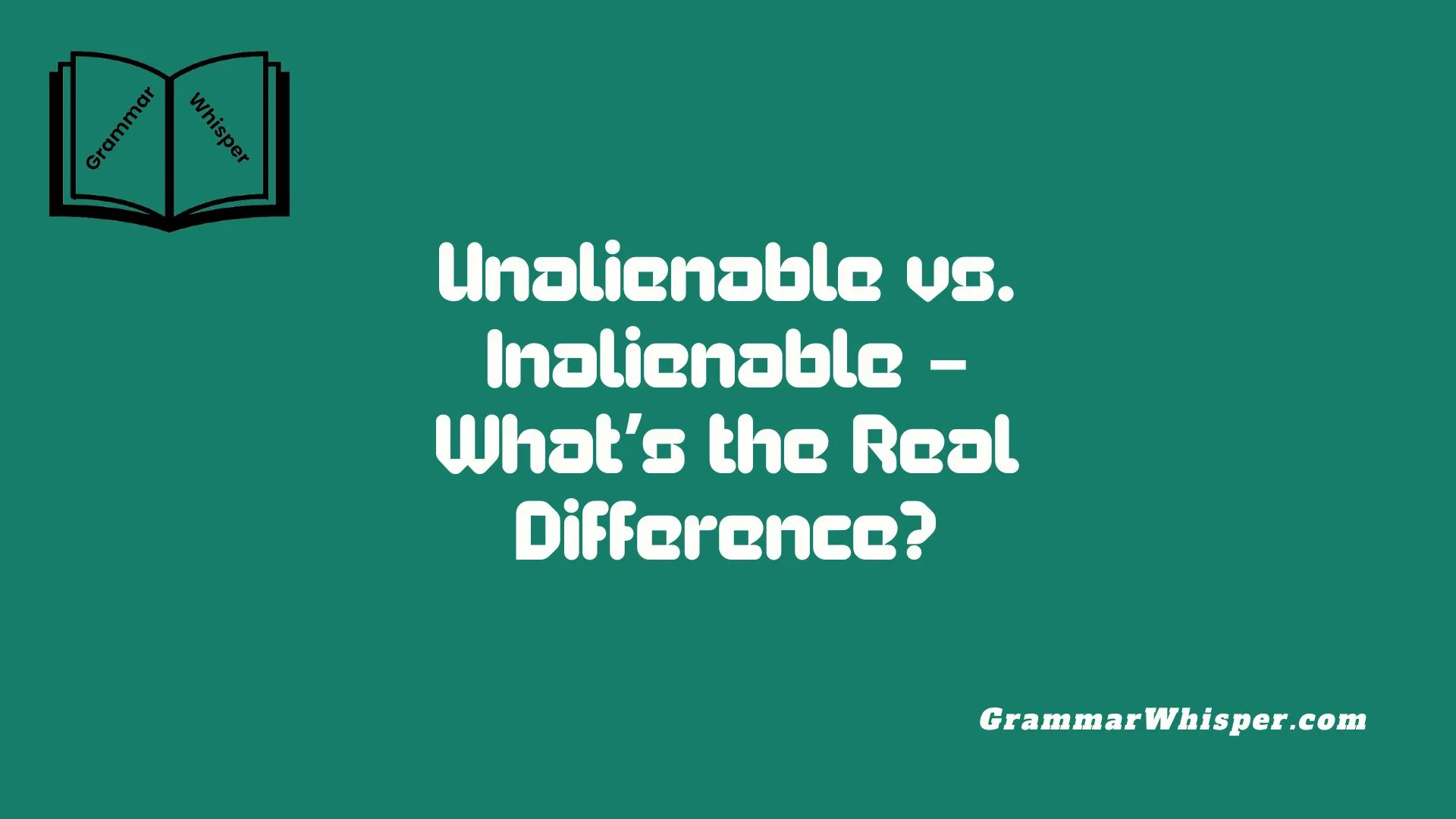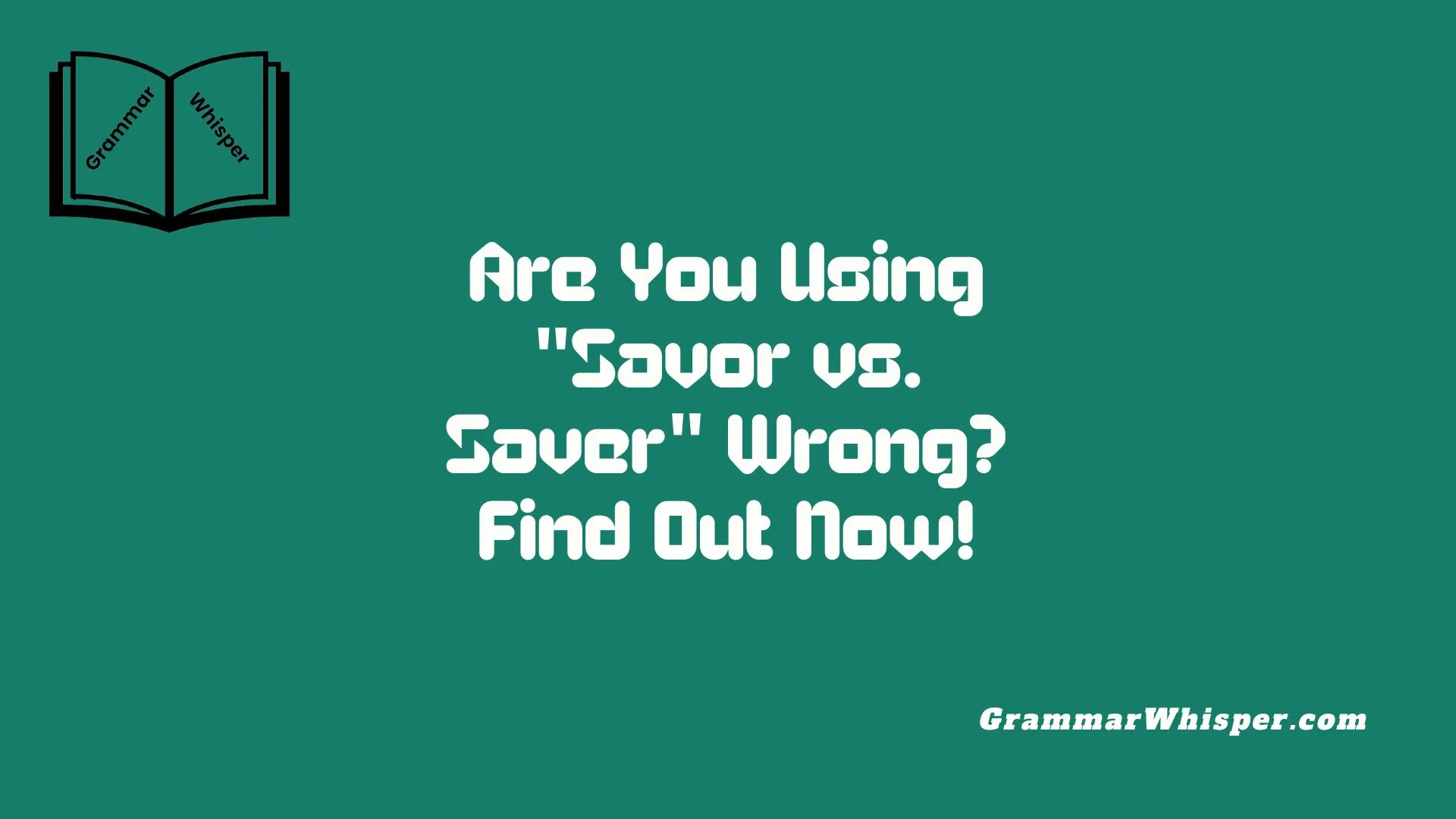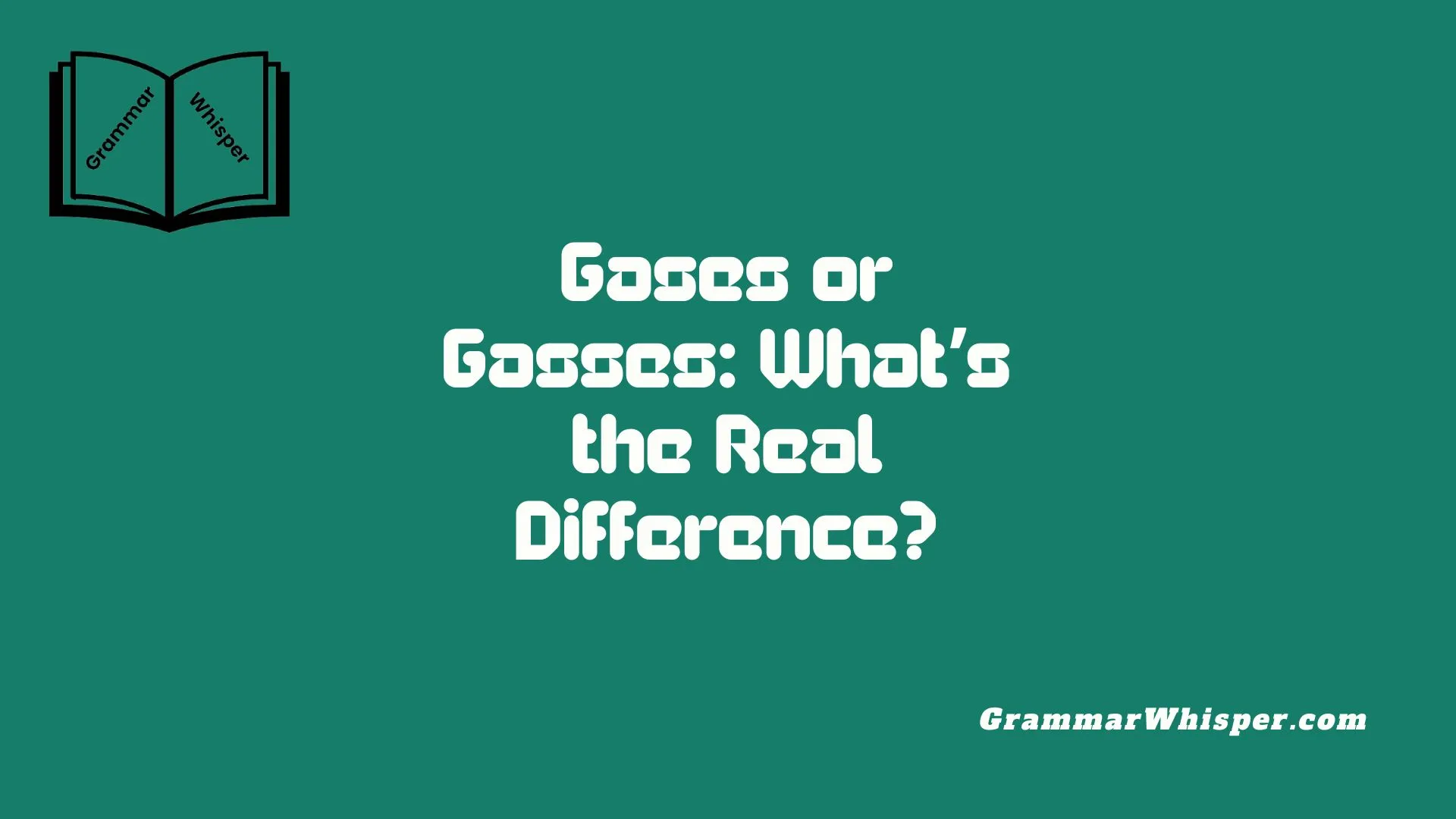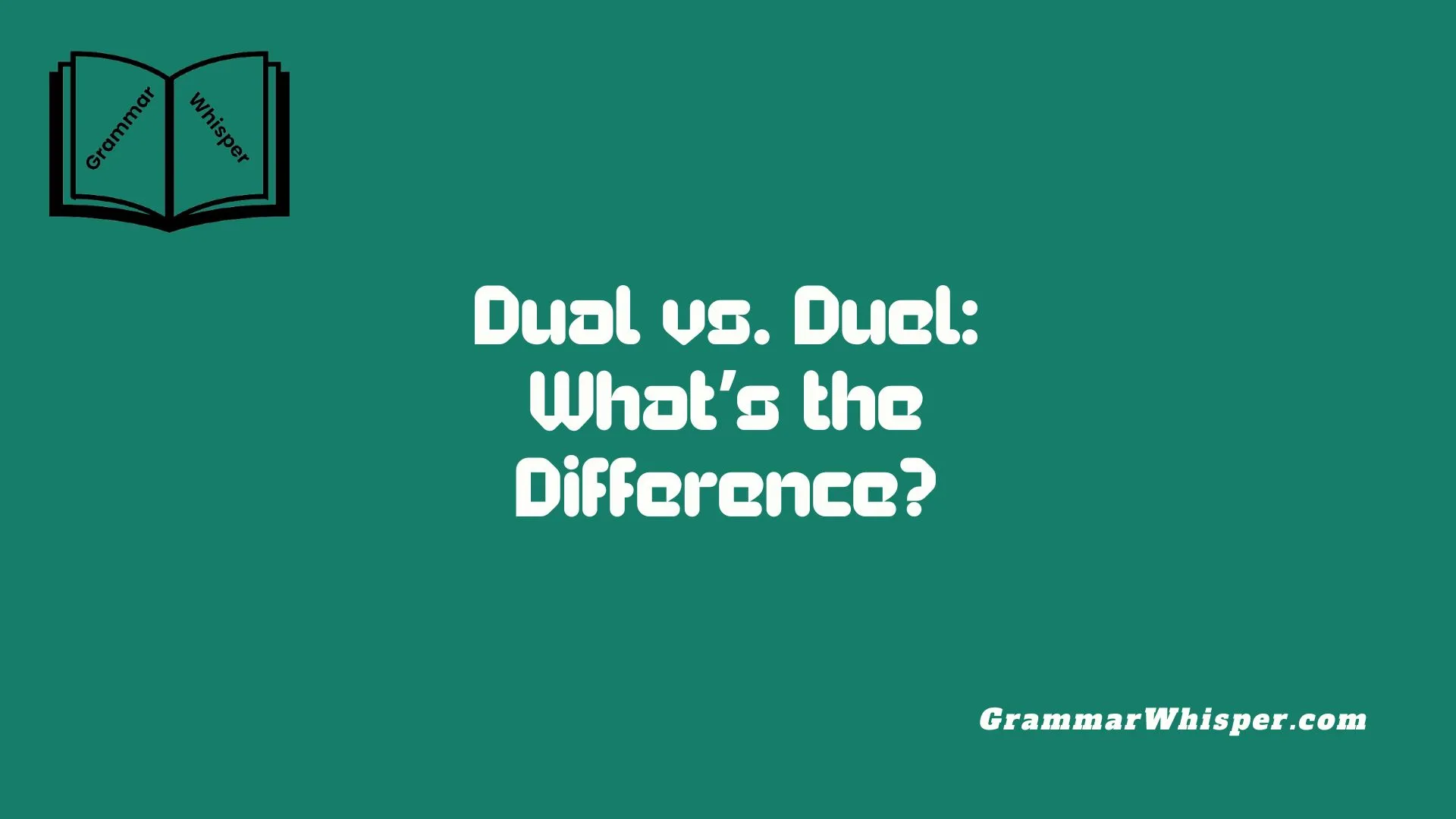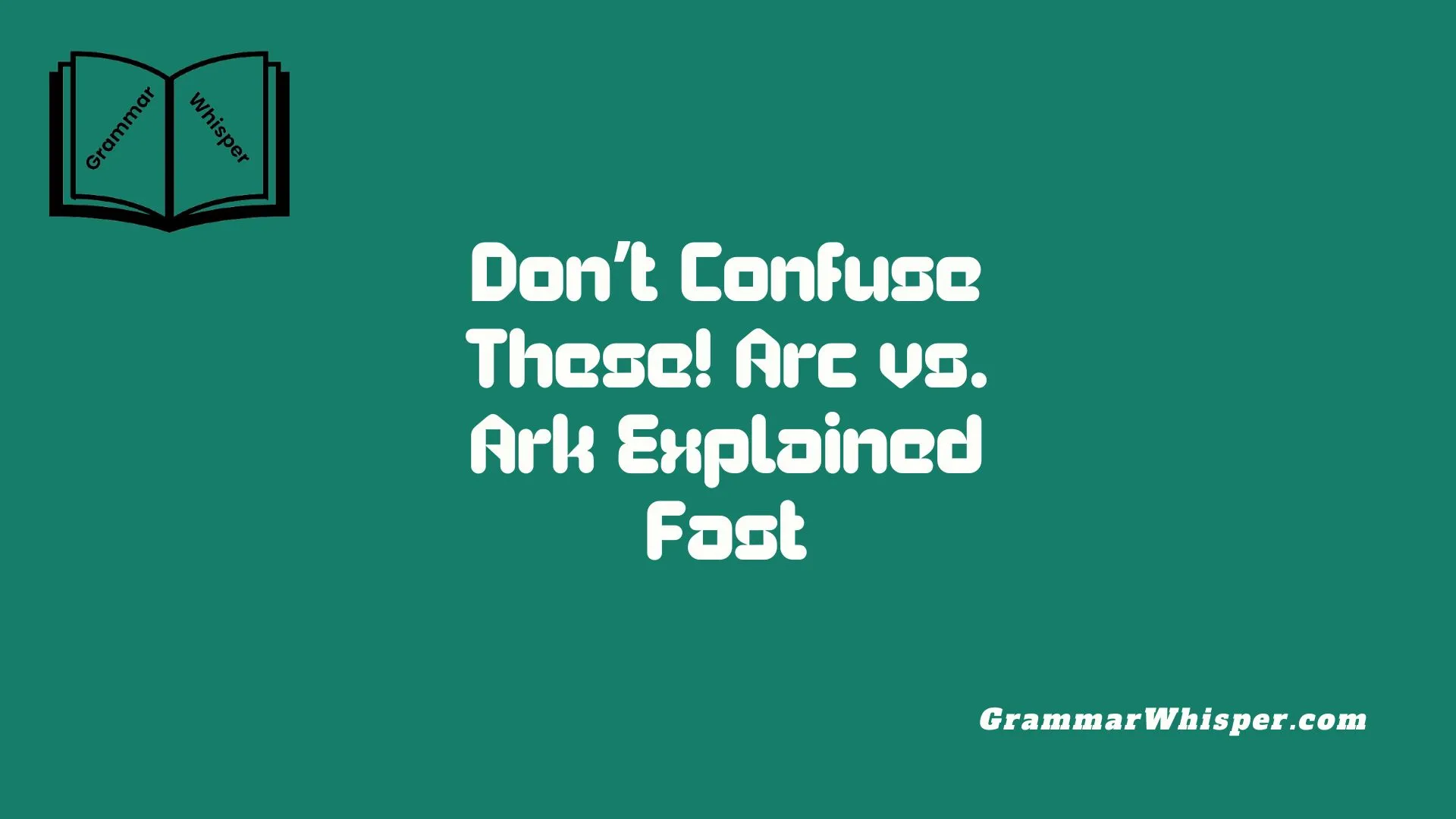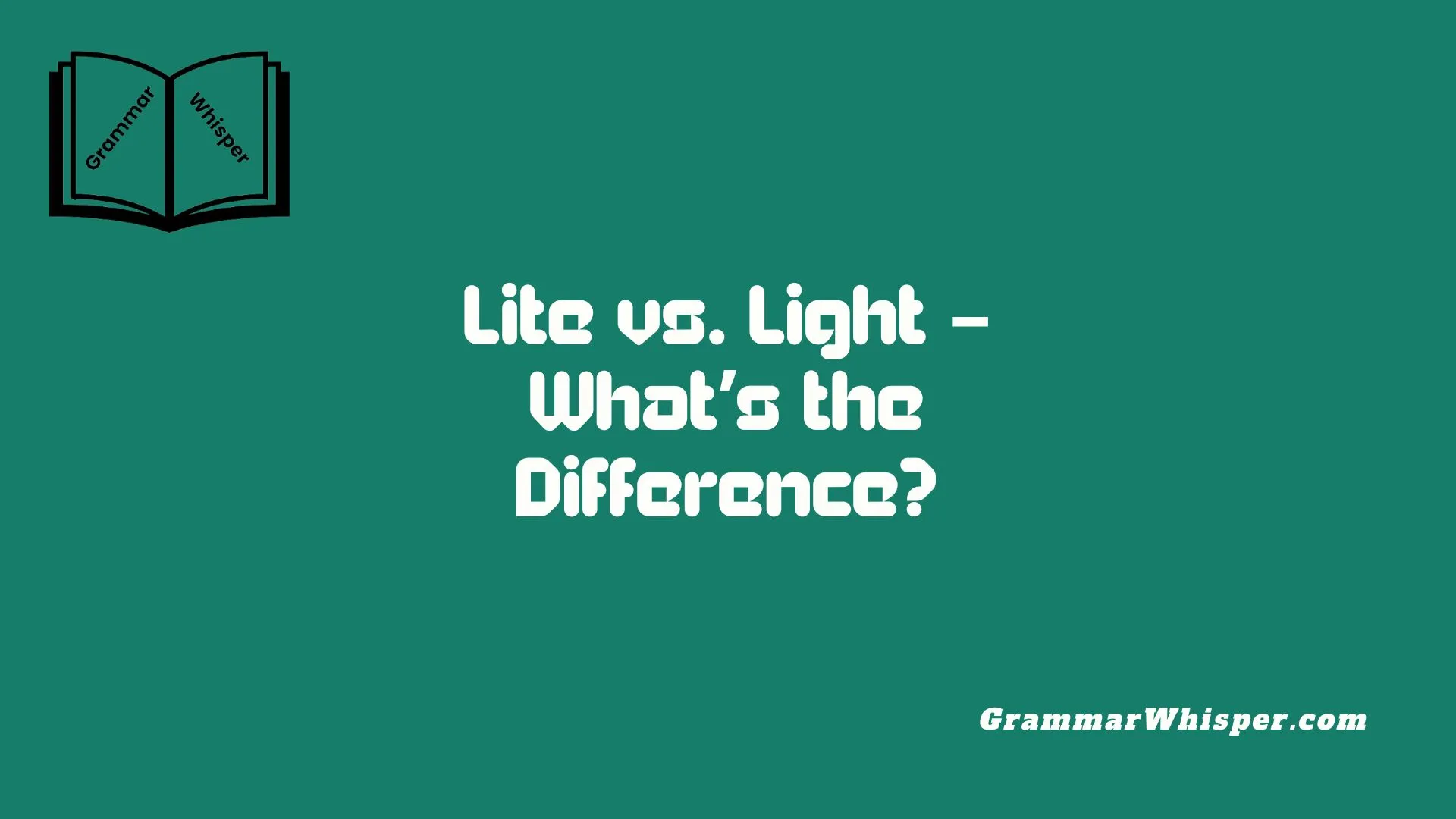Unalienable vs. Inalienable – What’s the Real Difference?
During my university years, reading the Declaration of Independence left a deep impression on me. I remember pausing over Thomas Jefferson’s choice of words, especially the line about truths being self-evident, and that all men are created equal. It wasn’t just a noble idea – it was a bold political statement that sparked a 250-year … Read more
